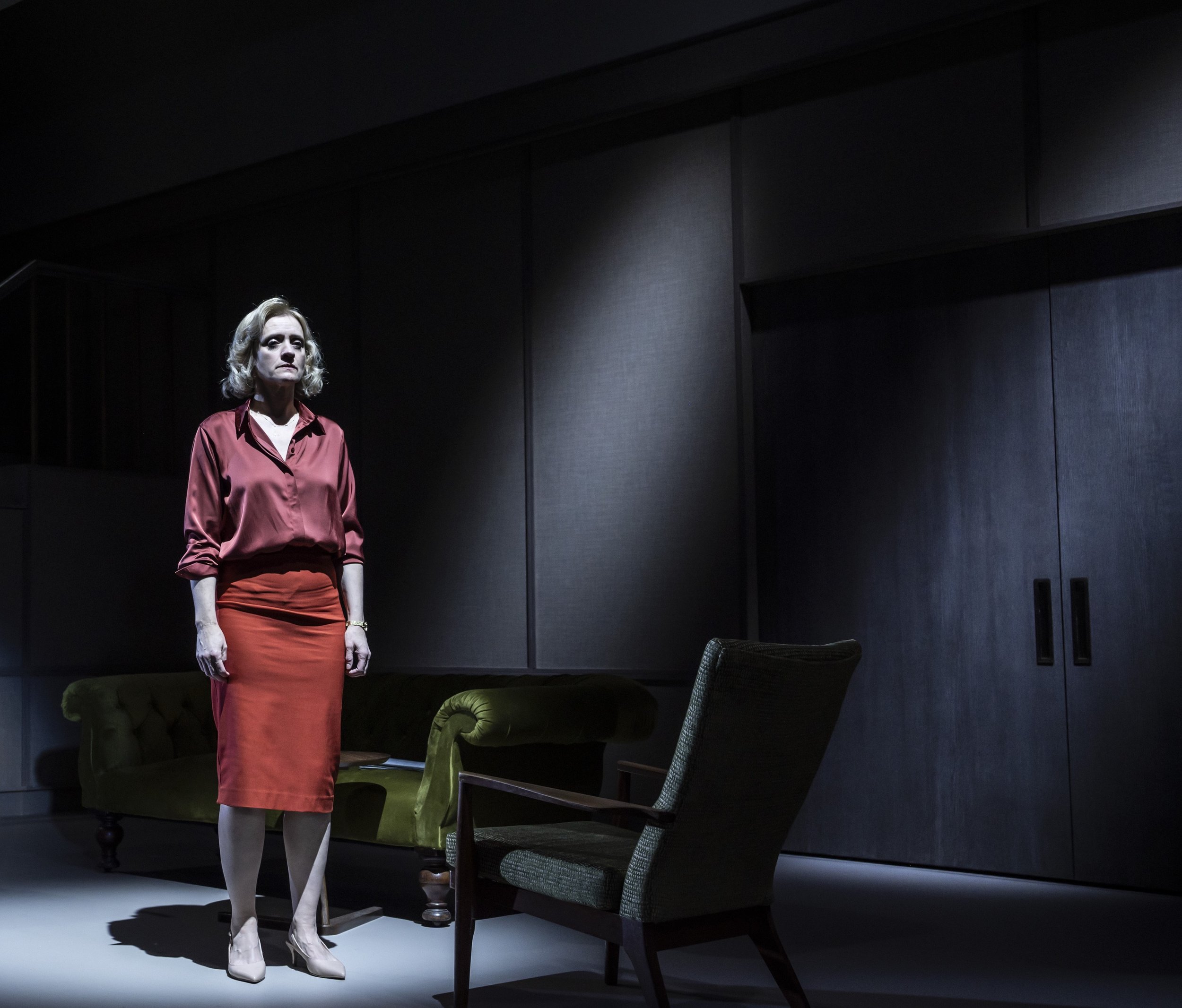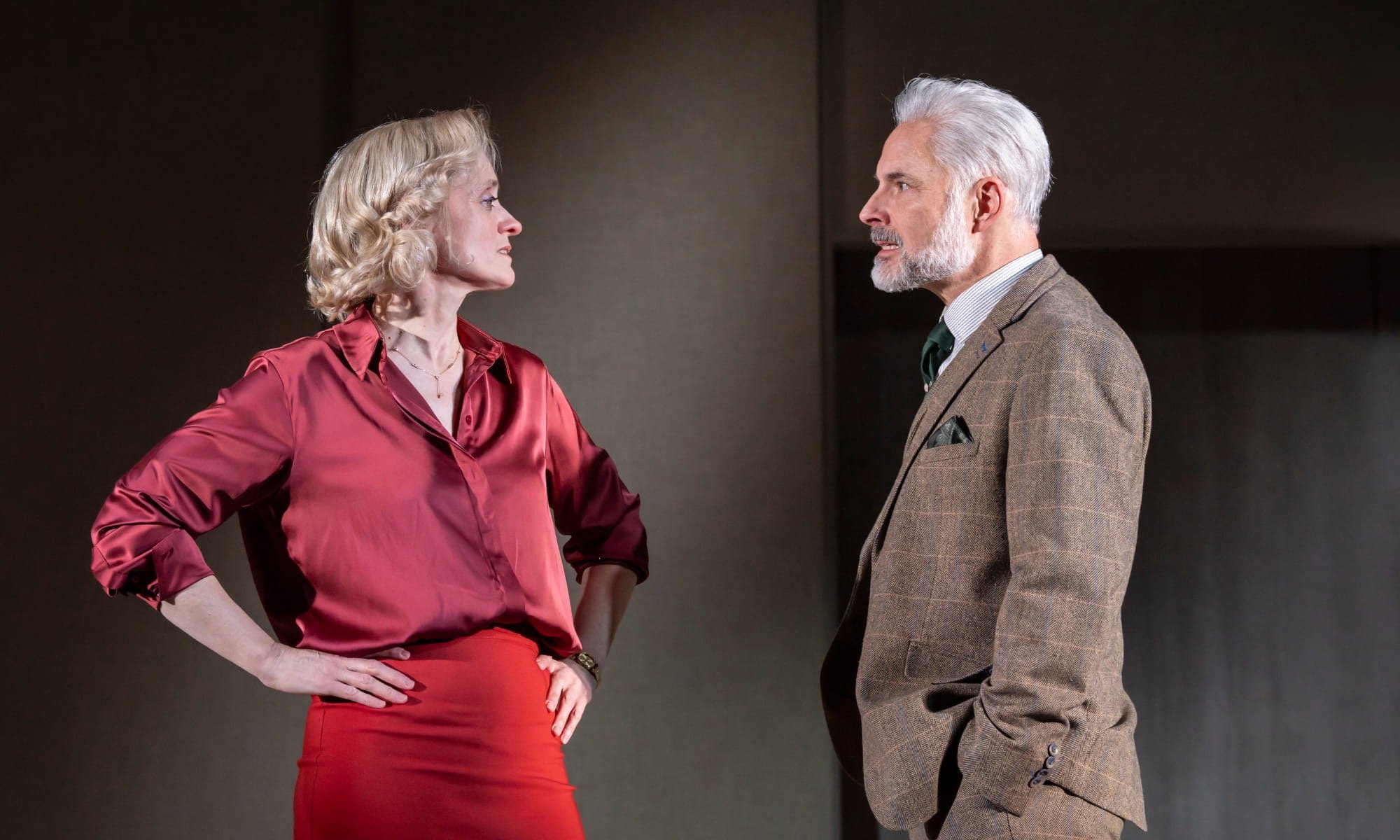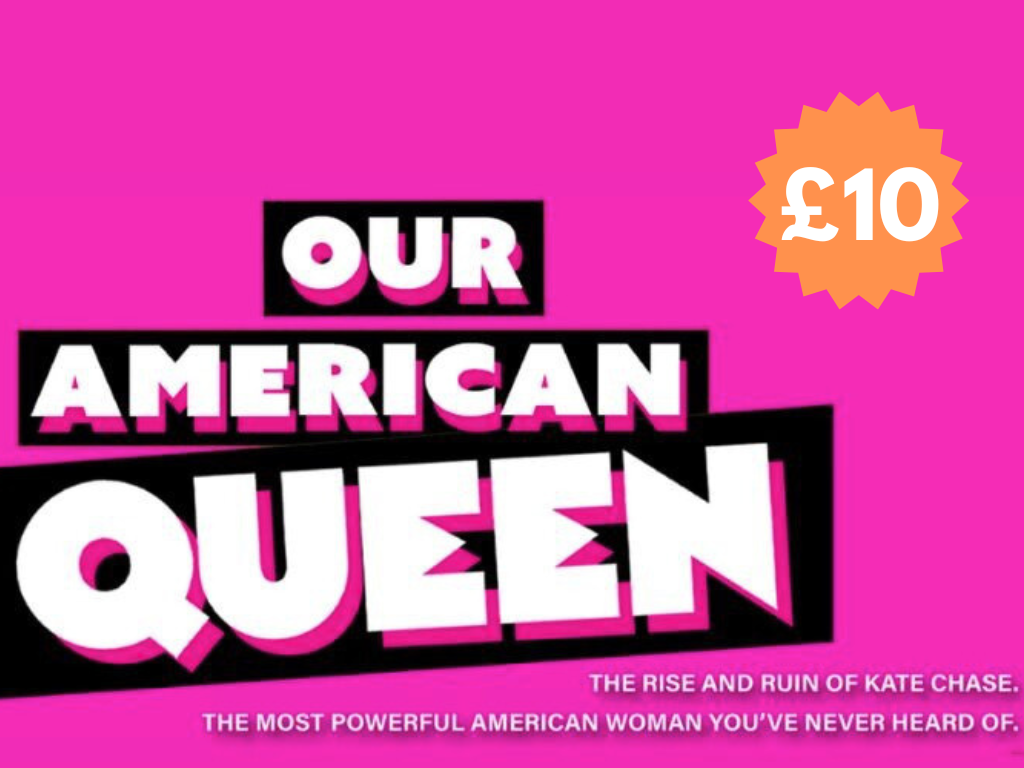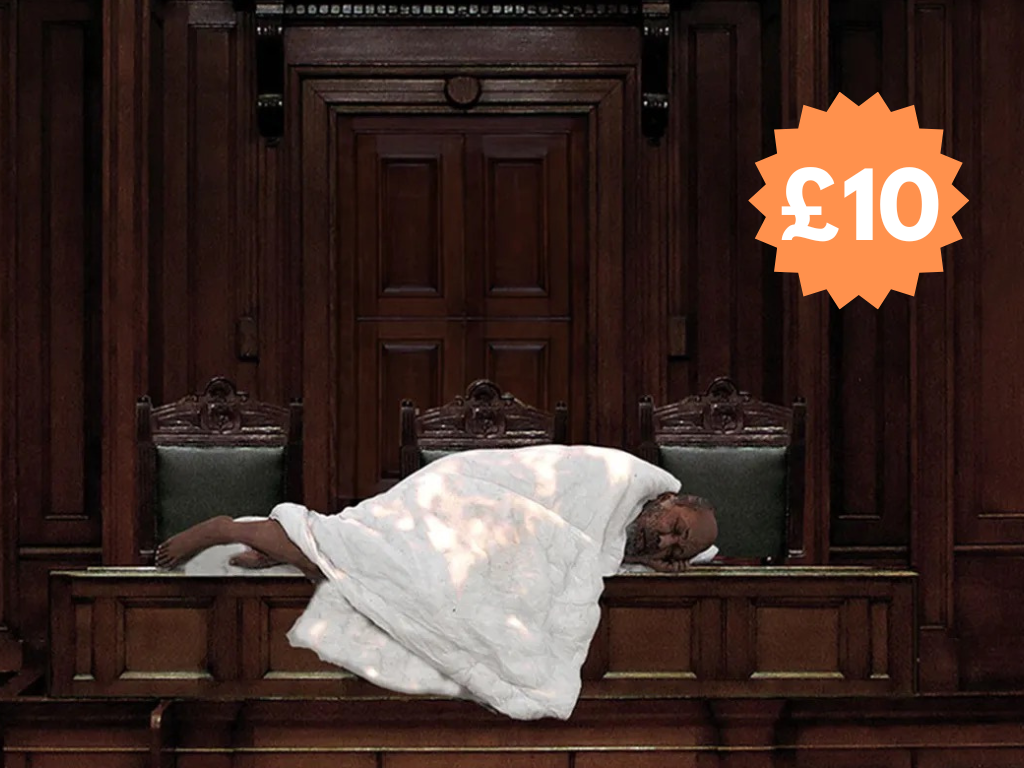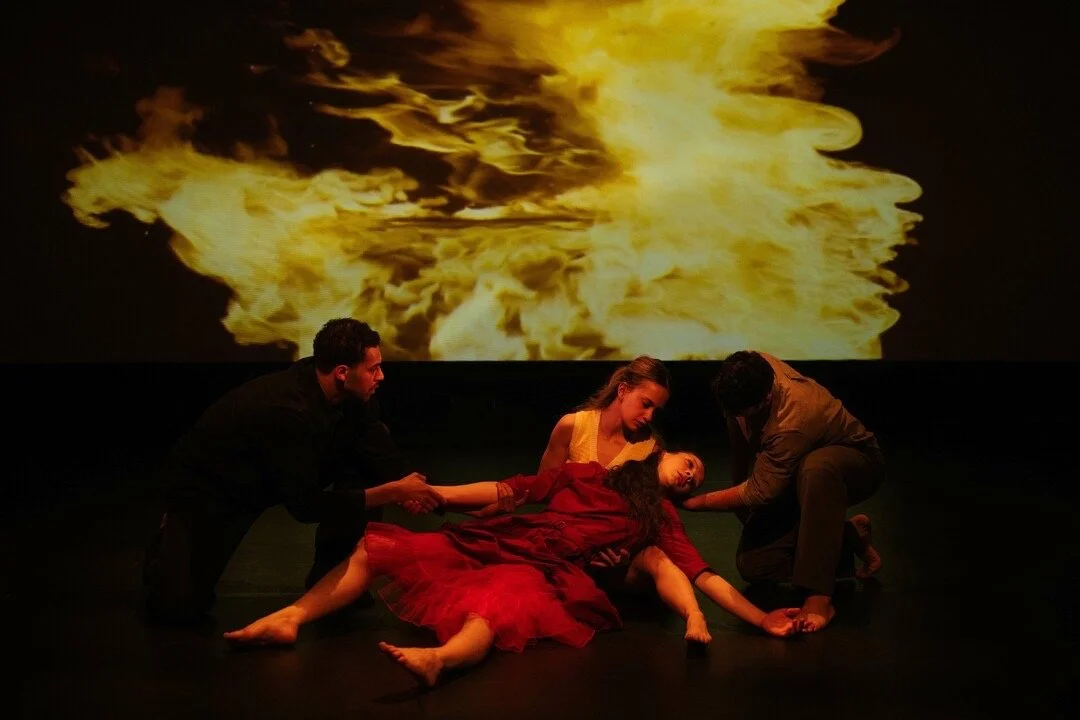“The Little Foxes”
My Theatre Confidences 🤫
THE LITTLE FOXES
Young Vic Theatre till 8 February
at a glance…
I couldn't help noticing how the production seems tailored to avoid truly challenging its audience. By softening the edges of Hellman’s biting critique, it offers middle-class and wealthy theatregoers—many older and comfortably retired—a polished experience that feels politically aware without provoking genuine discomfort or self-reflection.
The Young Vic's new production of The Little Foxes—Lillian Hellman's 1939 play about a greedy Southern family tearing itself apart—is being praised as a bold takedown of capitalism and exploitation.
But watching it, I couldn't help noticing how the production seems tailored to avoid truly challenging its audience. By softening the edges of Hellman’s biting critique, it offers white, middle-class and wealthy theatregoers—many older and comfortably retired—a polished experience that feels politically aware without provoking genuine discomfort or self-reflection.
When it first appeared, Hellman's play packed a real punch. For more than 80 years, The Little Foxes has been celebrated for its unflinching look at how the pursuit of wealth destroys both conscience and family. Set in Alabama after the Civil War, it follows the Hubbard family's ruthless climb to riches, trampling over workers and relatives alike. At its centre is Regina, a fierce matriarch, who schemes alongside her brothers Ben and Oscar. When it premiered during the Great Depression, its message about unchecked greed hit home with devastating clarity.
But this revival, set in the late 1950s or early 1960s, lets today's upper-middle-class viewers off the hook. The play's harsh truths about racism, inequality, and Southern brutality feel safely distant, like problems from another time. It hints at social issues just enough to make the well-heeled audience feel enlightened, without ever asking them to question their own inherited privileges or comfortable lifestyles. The production seems determined to keep the Hubbards at arm's length—they're the bad guys from way back, not a mirror reflecting present-day privilege.
Anne-Marie Duff gives us a clever, cunning Regina, brilliantly showing how a woman fights for power in a man's world. Yet even her sharp performance ends up creating more distance between the characters and the comfortable theatregoers. The staging, with its dull sets and mixed-period style, reinforces this separation. We watch a story unfold, but we're never made to feel part of it.
The sad irony is that the play's themes—greed, moral compromise, and ruthless capitalism—matter more than ever. But this production lets its privileged viewers explore these ideas without any risk to their conscience. The Hubbards' awful behavior stays safely in the past, with few, if any, connections to today’s quiet ways that wealth sustains inequality—through inheritance disputes, trust funds, or complicit participation in exploitative systems.
What's most striking about this production isn't its acting or even its ideas—it's how skillfully it makes its middle-class and wealthy audience feel good about themselves. It offers a sanitized look at corruption and injustice, allowing the audience to look down on the moral failings of a long-gone America’s post-Civil War Southern elite while feeling secure in their own moral standing and economic privilege. While Hellman wrote a play meant to bite, this revival feels more like a comfortable history lesson for the privileged. The wealthy audience leaves feeling culturally enlightened, their consciences and bank accounts untroubled, Hellman's sharp-toothed foxes kept safely behind museum glass.
A quick note on my reflections on the shows I see:
Let’s be clear: you won’t find the typical “review” on my page. I don’t buy into the so-called objectivity of mainstream theatre criticism; it’s outdated and protects toxic power structures while sidelining marginalised voices. I’m not objective, and I’m proud of it. I’ve got my own lenses. My reflections are personal, shaped by my lived experiences and values. I share what moved me, what challenged me, and what’s worth talking about; not ticking boxes or handing out stars.
And no, I’m not going to describe the whole plot or list every onstage moment; I find that mind-numbingly boring, both to write and to read.
Giuliano x
My Way of Looking at Theatre
You know, the more I think about it, the clearer it becomes that traditional theatre criticism has often been a tool for maintaining existing power structures.
It’s time to drop the privileged fancy talk around theatre and break free from star ratings.
Advertisement
Plexus Polaire:
Moby Dick
MimeLondon 2025
22 - 25 January - Barbican Theatre
A spectacular stage adaptation of Herman Melville's great novel about ambition, obsession and the power of nature, featuring large-scale puppetry, live action, video projection and music.
Featuring seven actors, fifty puppets and a whale-sized whale, Plexus Polaire's award-winning show is a expedition into the inner storms of the human heart and the unexplained mysteries of life.
Plexus Polaire is a French-Norwegian theatre company who, through the use of life-sized puppets, acting, music, light and video, develop visual worlds that bring our most buried feelings to life.

